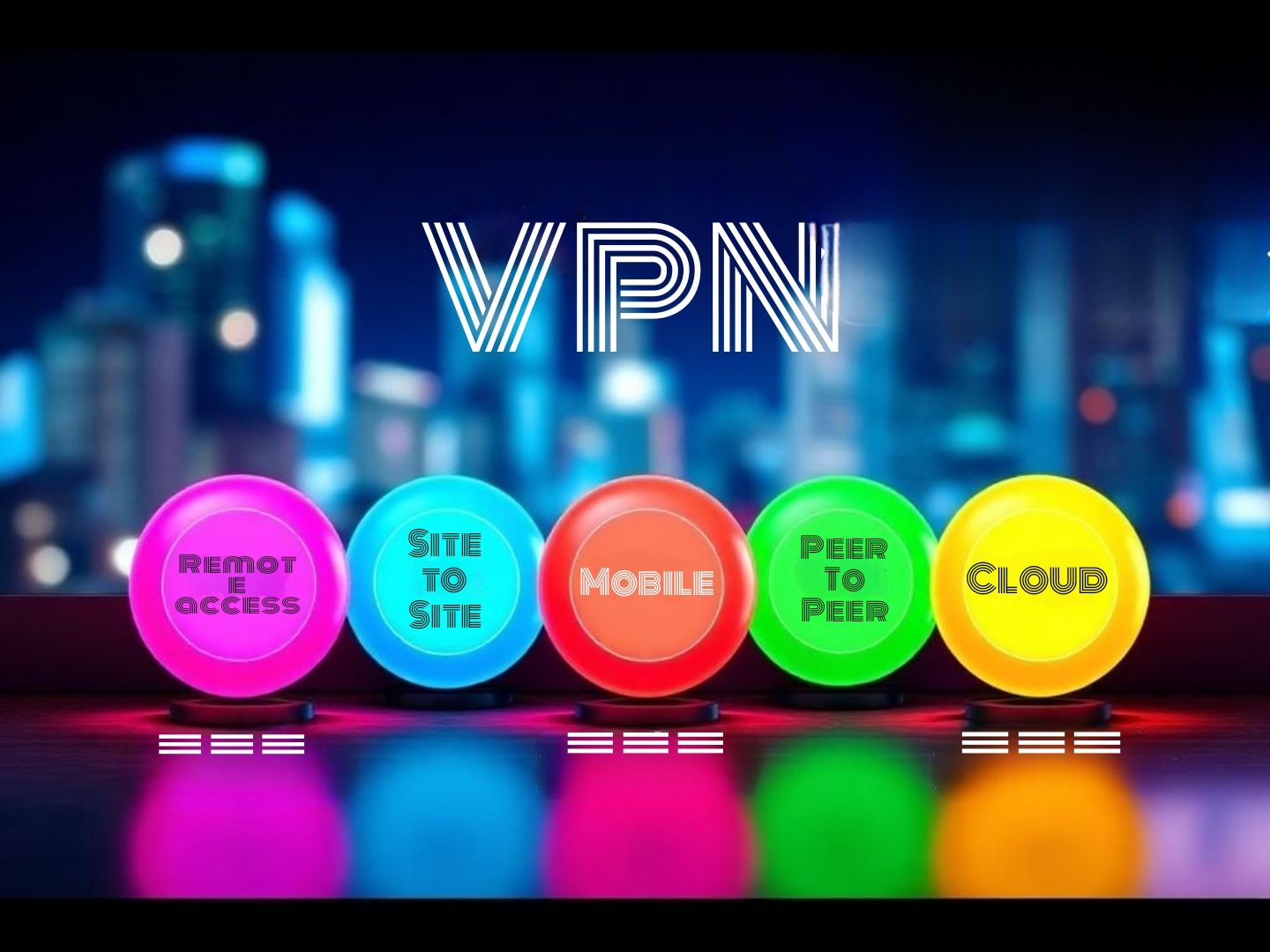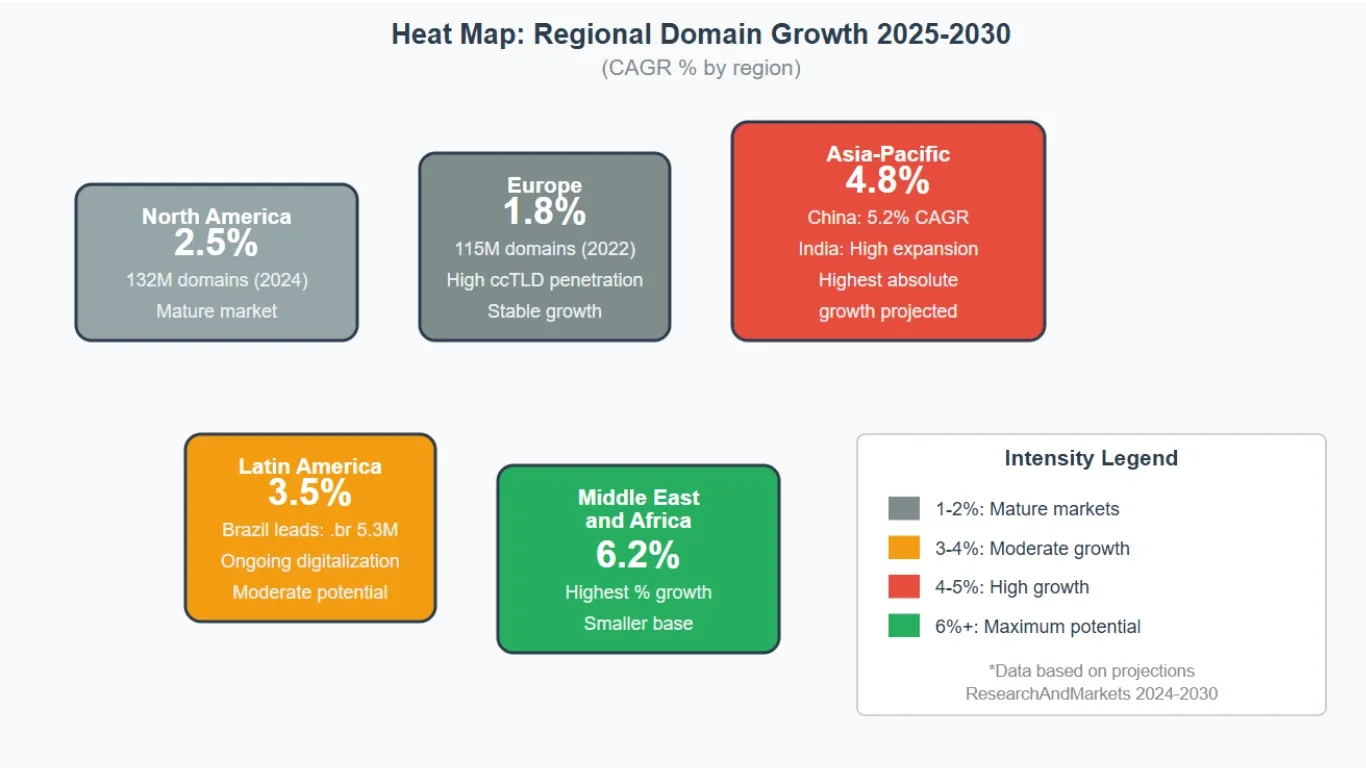A VPN (Virtual Private Network) is one of the most effective tools for maintaining secure connections and protecting privacy in the digital world. However, a VPN is not a single, uniform program. Instead, there are several types of VPNs designed for different purposes – such as remote work, business operations, secure mobile access, and cloud integration.
Remote Access VPN
This is the most common type of VPN. It allows users to securely connect to a company’s or organization’s internal network from a remote location, making it especially useful for remote work. The connection is encrypted and protected to ensure data security.
Site-to-Site VPN
A Site-to-Site VPN creates a secure connection between multiple local area networks (LANs), such as different office branches of a company. Unlike Remote Access VPNs, it connects entire networks rather than individual devices, using a VPN tunnel to enable secure communication between them.
Mobile VPN
A Mobile VPN is specifically designed for mobile devices such as smartphones and tablets. It continuously encrypts internet traffic, maintaining a secure connection even as the device switches between different networks – such as from Wi-Fi to a mobile data connection or vice versa. This type of VPN is ideal for professionals who travel frequently and work in dynamic or changing environments.
SSL/TLS VPN
An SSL/TLS VPN operates through a web browser, creating a secure tunnel using the HTTPS protocol. It allows access to internal networks without the need for additional software. Thanks to its simplicity and cost-effectiveness, it is widely adopted by organizations where employees access company systems from personal computers or mobile devices. Common users include universities, government agencies, and financial institutions.
IPsec VPN
IPsec (Internet Protocol Security) VPN operates at the network layer of the OSI model and offers robust encryption and data anonymization. It is available in both Remote Access and Site-to-Site configurations and is especially favored by organizations with strict security and compliance requirements.
Peer-to-Peer (P2P) VPN
This type of VPN relies on a decentralized network where users share bandwidth and VPN resources. It is commonly used for large file sharing or accessing decentralized networks. While free or low-cost P2P VPN services are available, they generally offer lower levels of security and privacy compared to dedicated, professional VPN solutions.
Cloud VPN
Cloud VPNs represent a newer generation of VPN technology, designed to create a secure tunnel between users and cloud-based services. They are widely used by businesses that have adopted cloud infrastructure, ensuring secure access to cloud platforms and resources.































